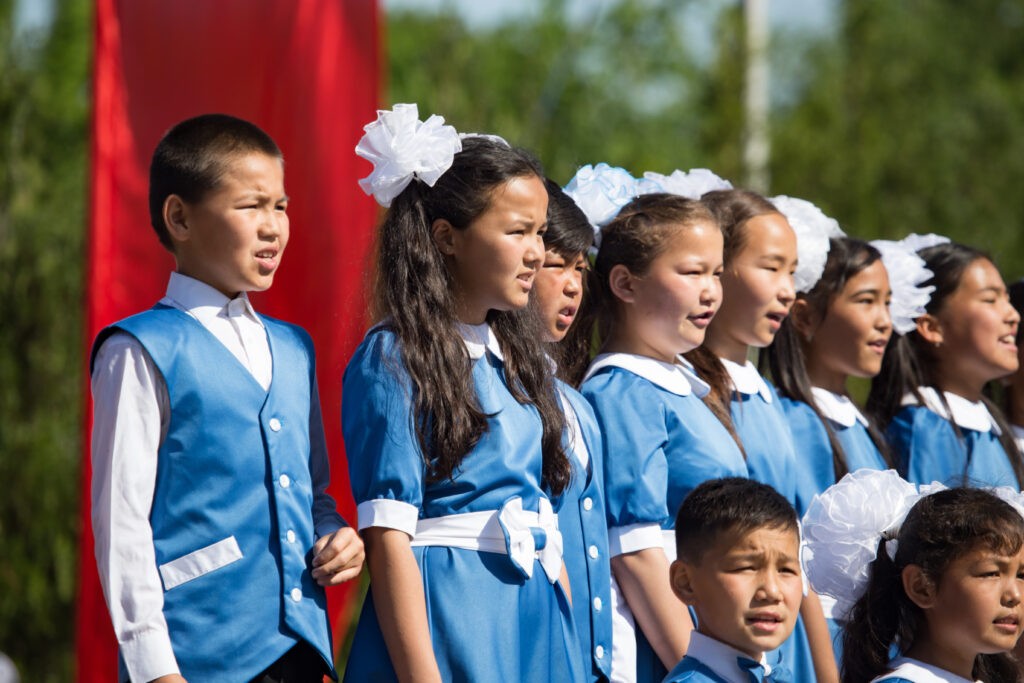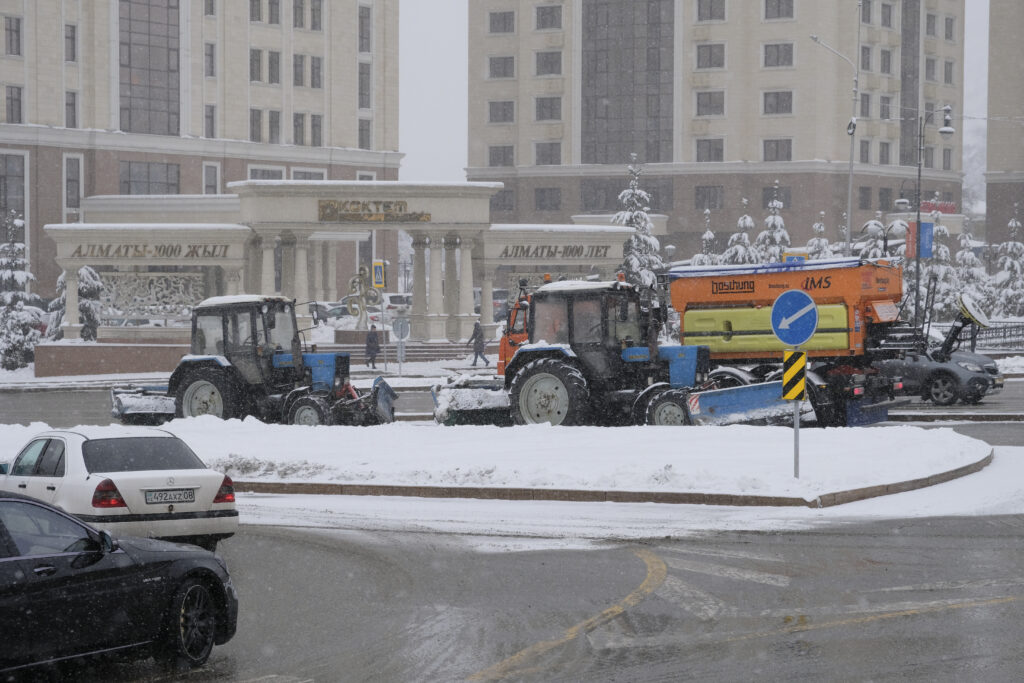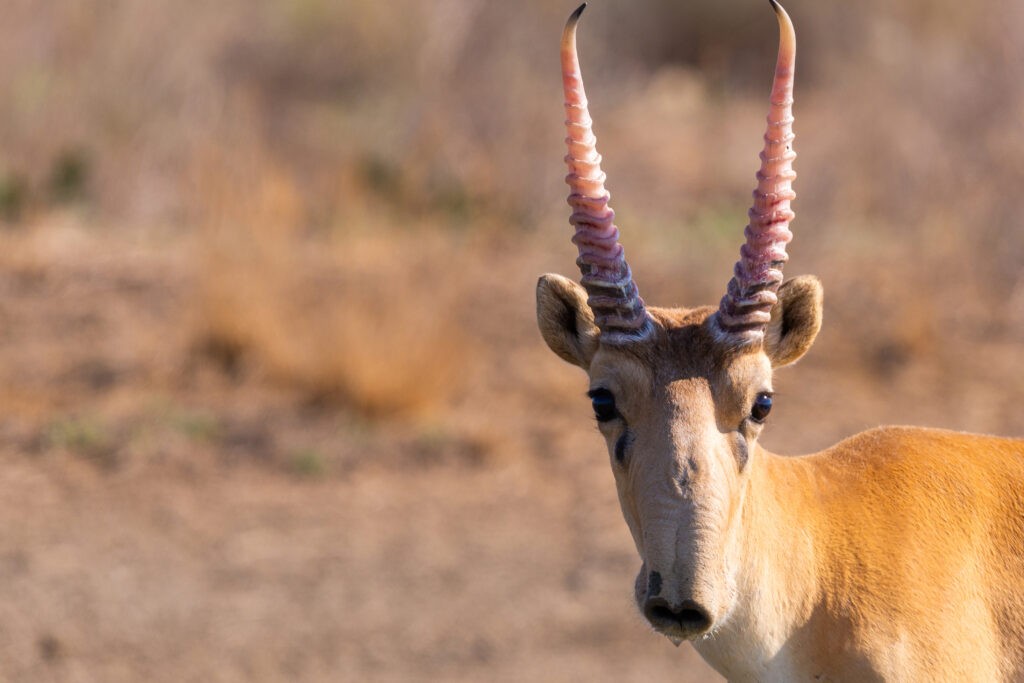Kazakh model committed suicide two years after visiting Jeffrey Epstein’s notorious island
Born and raised in Almaty, Kazakhstan, Ruslana Korshunova was discovered by a modelling scout at the age of 15 and quickly moved abroad to pursue her career. She worked with well-known international brands such as Marc Jacobs, Kenzo, Paul Smith, Vera Wang, Nina Ricci, Donna Karan, and Christian Dior. Her striking features also graced the covers of Russian Vogue, French Elle, and The New York Times Style Magazine. Tragedy struck when Korshunova was found dead outside her Wall Street home in New York in 2008 at the age of 20. She was believed to have fallen from her apartment’s balcony. Prior to her death, it was reported that she had joined an intense Russian “self-help group”, as revealed in Peter Pomerantsev's 2014 book entitled "Nothing Is True and Everything Is Possible: The Surreal Heart of the New Russia". Recent court documents related to American financier and convicted sex offender, the late Jeffrey Epstein, and his former lover, Ghislaine Maxwell, reveal that at the age of 18, Korshunova was flown to Epstein’s Little Saint James island on his infamous private Boeing 727 aircraft, known as the “Lolita Express”. This plane was allegedly used to transport young girls to the island in the company of wealthy and influential men. Flight logs showed that Korshunova boarded the Lolita Express in New York on June 7, 2006, destined for the notorious private island in the U.S. Virgin Islands. The recent revelation of Korshunova's involvement with Epstein comes in the wake of another tragic incident in Kazakhstan involving Saltanat Nukenova, the wife of former Minister Kuandyk Bishimbayev. The public murder of Nukenova by Bishimbayev had prompted the Zhana Adamdar movement to hold a rally in Almaty in November 2023 to raise awareness about violence against women and children. Following Nukenova's untimely death, Kazakhstan's President Kassym-Jomart Tokayev was quick to implement a decree to enhance human rights with a focus on combatting gender inequality and strengthening the justice mechanism for victims of domestic violence. This decree represents an expansion of protections for women and marginalized groups as part of the President’s larger reform agenda initiated in 2022. Human rights infringements, as illustrated by both above incidents involving tragic deaths of young women, transcend geographical boundaries. The onus for rectification lies with the authorities and their proactive measures to prevent such violations. It is just as imperative that offenders are unequivocally and swiftly brought to justice. Given recent initiatives by its government, Kazakhstan seems to be progressing in this direction. The prolonged litigation and lack of transparency in the Epstein case, on the other hand, has provoked unease globally, considering that the victims originate from numerous countries.








